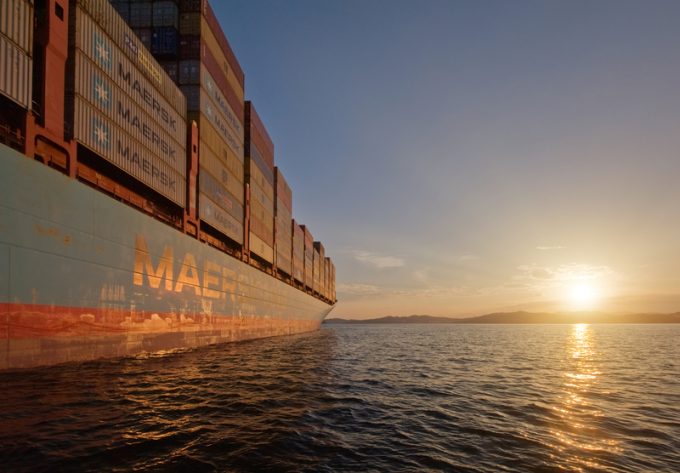OceanX Radar: Cooling down – trade wars mean no trade
… no news on deals is bad news on wheels

Transatlantic demand continues to be hit by the pandemic, obliging carriers to extend voyage-blanking programmes and putting rates under pressure.
2M partners Maersk and MSC announced today they were extending the suspension of their TA4/NEUATL4 transatlantic loop to the end of September outbound from Europe, and ...

Comment on this article